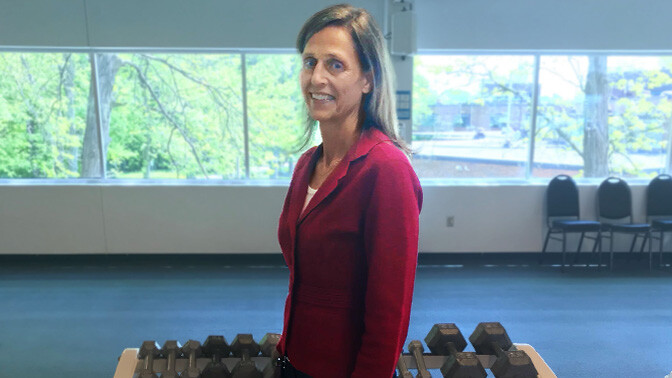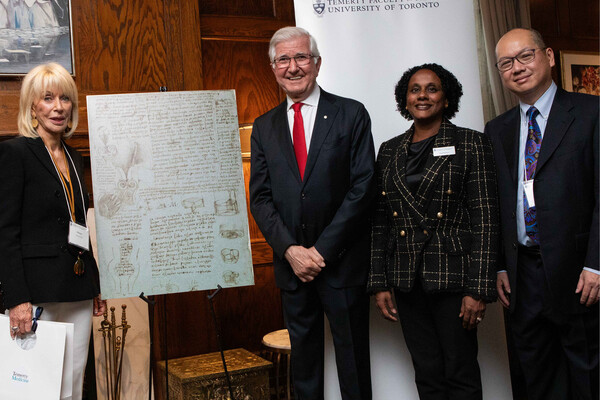Mobile Menu
- Education
- Research
-
Students
- High School Outreach
- Undergraduate & Beyond: Community of Support
- Current Students
- Faculty & Staff
- Alumni
- News & Events
- Giving
- About

Susan Marzolini, a professor in Temerty Medicine’s Rehabilitation Science Institute, led a study to determine how cardiac rehabilitation programs in Canada were affected by the first wave of the COVID-19 pandemic.
The research team surveyed 144 cardiac rehabilitation programs in Canada during the height of the first wave. They found that about 40% of the programs had shuttered.
For patients with cardiovascular disease, cardiac rehabilitation programs provide exercise training, guidance on nutrition, as well as psychological counselling. They are effective at reducing hospital readmissions and death from cardiovascular disease.
“Given how vitally important these programs are to helping those recovering from cardiovascular disease, we wanted to explore the factors that affected the safe delivery of these programs,” explains Marzolini, who holds a cross-appointment in the Faculty of Kinesiology and Physical Education.
The pan-Canadian survey asked the managers of cardiac rehabilitation programs about the effect of the first wave on program closure, their delivery method, the admission of patients into the program, and conditions that made program delivery easier or harder.
The team found that the primary reasons for closing the programs were redeployment of staff and the necessity of restricting access to buildings in close proximity to hospitals or long-term care facilities.
Of the programs that remained open, many exercise and education services transitioned from group and face-to-face sessions to individual sessions by phone. The admission of patients also had to be limited to those with lower medical risk, because program providers felt that they could not safely deliver rehabilitation programs at a distance to high-risk patients, such as those with cognitive impairment. Almost half of the program managers also reported patients’ difficulties in accessing and using technology as major barriers to the delivery of the rehabilitation programs.

“New policies are needed to guide the safe operation of cardiac rehabilitation programs during the pandemic,” says Marzolini, who is also a scientist at KITE Research Institute and a registered kinesiologist. “Alternative strategies for lower-risk patients such as group-based rehabilitation sessions by phone would free up resources so that high-risk and vulnerable patients can receive the tailored support that they need. Low-technology strategies such as sending resources by mail would also enable these programs to support those without access to technology.”
This work was supported by the Toronto Rehab Foundation.
Source: University Health Network


